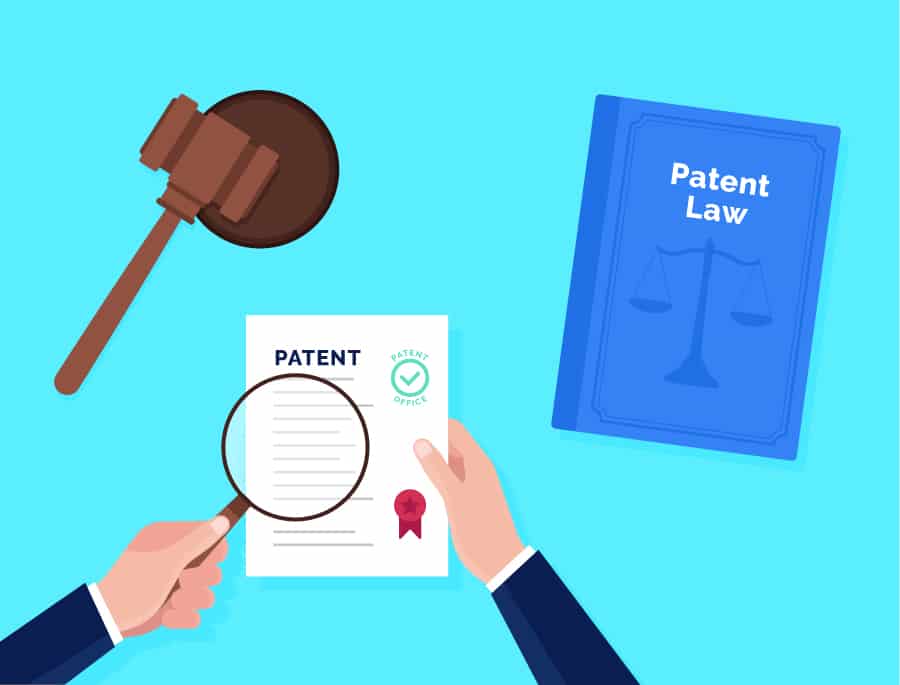Patent licensing is a critical mechanism in the world of
intellectual property, allowing patent holders to grant permission to
other parties to use, produce or sell their patented inventions. This
procedure not only encourages invention, but also enhances the
commercial potential of patents. Understanding patent licensing is crucial for entrepreneurs, inventors, and lawyers who need to navigate the complex world regarding IP rights.

In essence, patent licensing involves a legal agreement between the patent holder, called the licensor and a licensee seeking to utilize the patent's technology. The agreement specifies the conditions of the licensee's rights to operate, which includes the extent of use, geographic restrictions, and the financial arrangements, like royalty payments or lump-sum payment. The terms of the license can differ widely, based on the agreement between the parties and the nature of the invention.
One of the primary advantages of licensing patents is that it permits the patent holder to earn money from their intellectual property without needing to create or market the invention that is patent-pending. Licensees who obtain a license can provide access to the latest technology or innovative solutions that are otherwise difficult or prohibitively costly to develop on their own. This arrangement could encourage collaboration and help drive technological advances across a variety of industries.
There are several types Patent licenses come in a variety of forms. An exclusive license gives the licensee sole rights to utilize the patent's invention, which means that the licensor is not able to give similar rights to other licensees. Contrarily, a non-exclusive license permits multiple licensees to make use of the patent-pending technology concurrently. There are also cross-licensing arrangements, where two parties exchange licenses to each other's patents, often to avoid litigation and create mutual benefits.
Patent licensing can play a significant part in settling disputes. If patent infringement is alleged licensing agreements may be an option to resolve disputes without having to resort to lengthy and expensive litigation. The agreements could contain provisions for royalties, damages or other forms of compensation dependent on the specific situation.

For both businesses and inventors, navigating patent licensing requires an understanding of the law regarding patents as well as careful consideration of the conditions and terms of any contract. It is advisable to consult the advice of a professional lawyer to ensure that the licensing conditions are fair and protect one's interests. When properly controlled, patent licensing could be a powerful tool for broadening market coverage, encouraging creativity and innovation, as well as generating revenues.
No comments:
Post a Comment